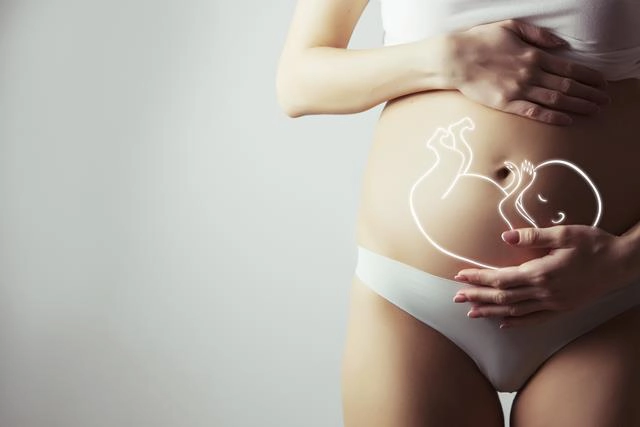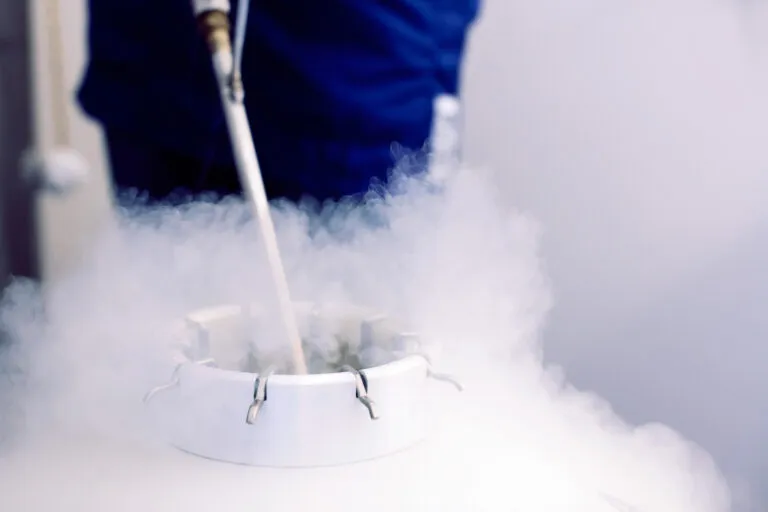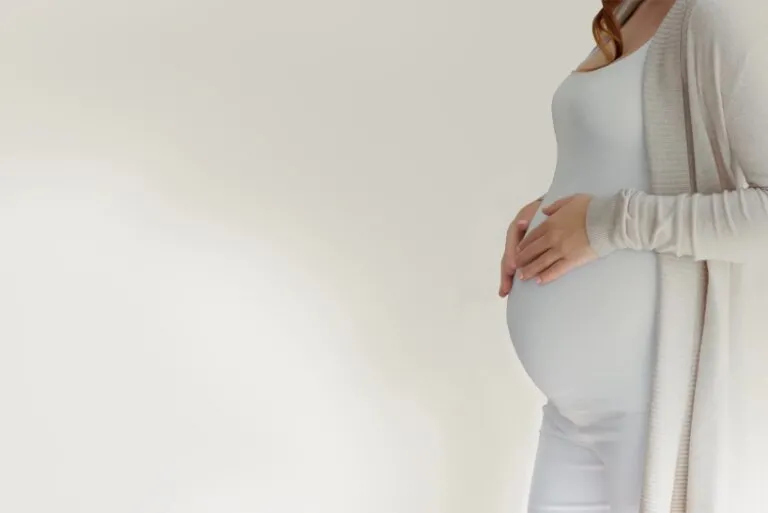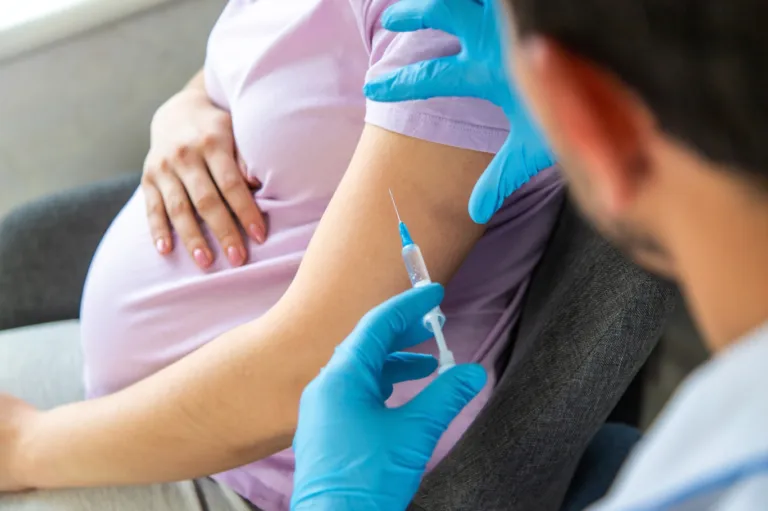During pregnancy, the expectant mother undergoes various examinations. Some of these are only ordered for certain indications. One of the special examinations carried out during pregnancy is the foetal cardiac echo. Find out when it is necessary and what the doctor can find out with the help of this examination.
What does a foetal cardiac echo involve?
A cardiac echo is a special ultrasound examination that enables a precise and detailed assessment of the structure and function of the heart. It is not only performed on adults or children, but also on foetuses. Thanks to the detection of possible anomalies, it is possible to plan treatment after birth or during pregnancy in the form of intrauterine surgery. The delivery of a child with a heart defect detected during pregnancy should take place in a centre where specialised care and possible interventions are possible.
When should a foetal cardiac echo be performed?
A foetal heart echo is usually performed if there are risk factors for heart defects or if anomalies have been detected during previous ultrasound examinations. It is also recommended for women who are taking medication that may affect the normal development of the heart during the prenatal period. Indications for a foetal cardiac echo also include diabetes, autoimmune diseases of the pregnant woman or monochorionic twin pregnancies. If the nuchal translucency was increased during the first trimester ultrasound examination or if an abnormal flow was detected in the ductus venosus or tricuspid valve, the expectant mother should also be referred for a foetal cardiac echo.
Who performs the foetal cardiac echo?
Not every gynaecologist is familiar with performing a foetal cardiac echo. Due to the nature of this examination, it should be performed by experienced specialists. If there are any abnormalities, the expectant mother should be referred by her doctor to specialist centres for the detection of heart defects for a foetal heart echo. Interestingly, foetal cardiac echo is not only the expertise of obstetricians and gynaecologists, but also of paediatric cardiologists.
What can a foetal cardiac echo detect?
During a foetal cardiac echo, the structure and function of the heart and an image of the chest are assessed. Heart defects and cardiac arrhythmias can be detected. These include:
- Aortic valve stenosis
- Pulmonary valve stenosis
- Displacement of the great arteries
- Ventricular or interatrial septal defect
- Rupture of the aortic arch
- Abnormal right subclavian artery (ARSA)










